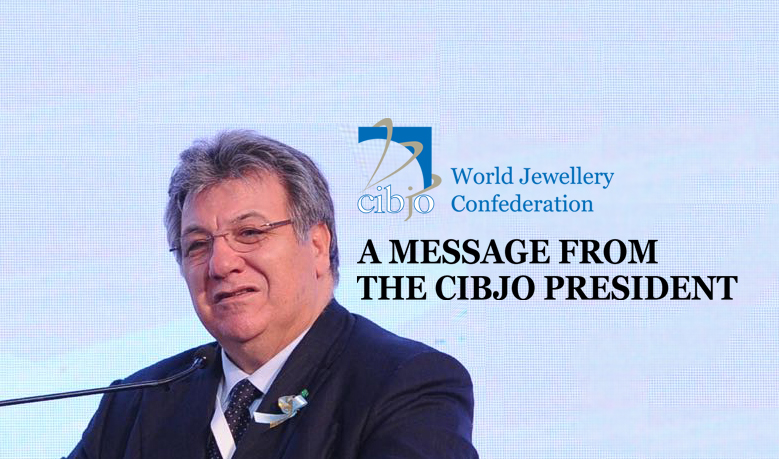APRIL 6, 2020
Historically, international crises have been inflection points in the human experience, and the COVID-19 epidemic is likely to be one of the most transformative in living memory. The world we knew before March 2020 will be different to the one that emerges at the other end of the tunnel through which we are traveling, and it will be incumbent upon us to adapt in order to succeed in the new environment.
By way of illustration, think back to 1991 and the First Gulf War. During the weeks leading up to the January 15 deadline for Iraq to withdraw its troops from Kuwait, while a multinational military force gathered in Gulf, Israel was systematically cut off from international air traffic, as the likelihood of Iraqi missile attacks on the state drew closer. In order to keep business flowing, Israeli polished diamond traders began sending massive quantities of goods abroad on consignment, telling clients they only needed to pay for those diamonds they required, returning those they did not.
When the war finally ended some six weeks later, and the air embargo on Israel ended, it quickly became apparent that the Israelis’ clients were reluctant to relinquish the generous terms that they had been offered during the crisis. What is more, pressure was placed on suppliers from other centres, like Belgium and India, to follow suit. The percentage of consignment sales in the polished diamond trade rose considerably, and imperceptibly the burden of financing the business shifted to the midstream. The consequences of that are being felt to this very day.
The COVID-19 pandemic differs from previous periods of upheaval in that it has been so all-embracing. There is almost no facet of life that has not been impacted, anywhere on the globe. At the same time, as humanity, we have never been better equipped to deal with its effects. The changes that emerge, and they will be considerable, will come about as both a result of the comprehensiveness of the experience, and also because what we have done and what we have used to cope in the challenging environment.
For me personally, as one who for many years has only rarely spent much more than one week in one place at a time, the experience of being homebound has been challenging. But while I have not set my foot out of my home since February 26, I have had more face-to-face meetings with colleagues from around the world than ever before in my more than 50-year career, albeit they have all been virtual, via my computer, tablet or cell phone. Social distancing clearly does not negate social interaction.
One of the lessons that the COVID-19 epidemic should be teaching us is the infinite degree to which we are dependent upon one another. While we all consider ourselves masters of our own destiny, as we should, we cannot lose sight of the fact that the actions we take, consciously or not, will impact on those around us, and ultimately on the greater society. What you may consider to be an acceptable level of personal risk, may not be acceptable to your counterpart, who could be threatened by your actions to a similar degree.
Such levels of co-dependency certainly apply to behaviour related to mitigating the spread of the coronavirus, but are they not relevant to other aspects of our communal existence? Global warming, like COVID-19, is a phenomenon that threatens humanity, as well as other living beings inhabiting our planet. Will the coronavirus crisis contribute to the understanding that if we do not all institute responsible climate standards and practices, those who choose not to follow the advice of scientists threaten more than only their own existence?
Given the inevitability of substantial change and the degree to which we all have a vested interest in decisions that are and will be made, it is imperative that we initiate a cross-industry dialogue as soon as possible. It is fair to assume that none of us alone fully understands the length and breadth of the myriad of challenges that we are facing, nor the full range of solutions that we already have at our disposal, or those that it are within our capacity to develop. If we pool our knowledge and expertise, however, the picture will become clearer.
There are immediate issues that need to be addressed, many of them resulting from the slowdown to practical shutdown of the retail jewellery sector. How do were traverse this period without placing undue pressure on the full chain of supply? Then there are the longer-term issues. How will the coping mechanisms that we are using change the way we do business in the years and decades ahead?
Over the coming days, weeks and months, CIBJO will be coordinating a public dialogue and consultation, using some of the tools that have kept us in close contact over the past several weeks, despite the social distancing.
I invite you to join the discussion. It is quite possibly the most important thing that we should be doing right now, other than protecting our health and that of all others around us.
Dr. Gaetano Cavalieri
CIBJO President

